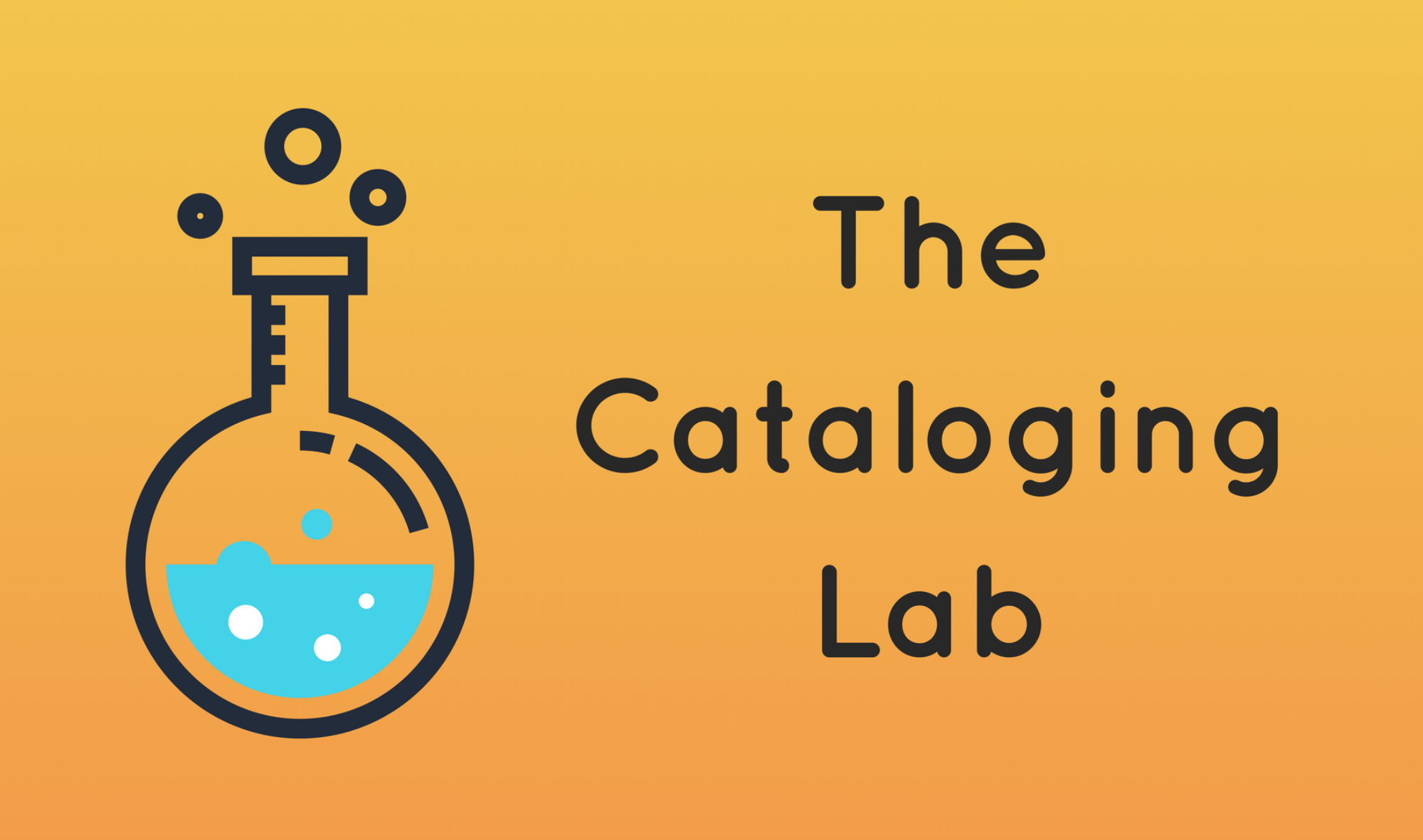Frequently Asked Questions
-
What do I write to help create or edit a heading?
You’ll need to add references which confirm the heading is necessary as defined by the SACO (Subject Authority Cooperative Program) Participants’ Manual (found at this list of SACO resources).
Eventually, with people’s edits, the heading will look like a MARC record which will be ready to submit as a proposal to LC.
-
How do I use the Cataloging Lab?
First you’ll need to create an account. Create an account at this link: https://cataloginglab.org/register/. You’ll be emailed a link which will allow you to choose your password. (Once you’ve got an account, you can log in at http://cataloginglab.org/wp-admin/.) Once you log in, you’ll end up at the WordPress dashboard.
To edit an existing entry for a subject heading, click on “Knowledge Base” on the left menu. You’ll see a list of name and subject headings; scroll through or search headings for the one you’d like to edit and click “edit”. To add a new heading, click on “Knowledge Base” and “Add new”.
Make edits or additions, and click the “Update” button to save.
-
How do I get in touch?
You can ask questions or relay concerns via this contact form or by tweeting @violetbfox!
-
What is the Cataloging Lab?
Welcome to the Cataloging Lab! This is a place for catalogers and anyone who cares about library metadata to experiment with creating better controlled vocabularies. Suggesting additions and changes to the Library of Congress Subject Headings vocabulary can be an isolating endeavor—it can be difficult to determine if your heading has already been proposed or if someone else is working on a proposal at the same time you are. The Cataloging Lab is designed to be a wiki where folks can collaborate on headings together to create stronger proposals.
-
How do I learn to create subject heading proposals?
LC has an online training consisting of videos and printable slides which focuses on learning the ins and outs of LCSH. That training can be found here.
More information about the process of suggesting additions and changes to headings can be found at the SACO Participants’ Manual, which can be found on the SACO program page.
This site is designed so that people who are familiar with LCSH and experienced with the SACO proposal process can assist those who want to do the research to make changes.
-
What does a successful proposal look like?
Here’s an example of a subject heading that was proposed and accepted: cataloginglab.org/kb/gender-nonconforming-people. Not all proposals will be this long or require this many references!
-
How do subject headings get approved?
Anyone (not just catalogers!) can submit a proposal for adding or editing a LC subject heading! Here’s an overview of the Library of Congress’s Process for Adding and Revising Library of Congress Subject Headings.
However, there is a lot to know to correctly form and submit a proposal. Not many people outside of cataloging departments in the largest libraries understand the process well. That’s why the Cataloging Lab is here—to help people collaborate to submit proposals that are likely to be approved!
-
What is LAIPA?
LAIPA is the Latin America and Indigenous Peoples of the Americas SACO Funnel. SACO funnels are groups of people that collaborate on creating and editing subject headings on specific topics or within specific geographical areas. The LAIPA Funnel is dedicated to improving classification used for people and concepts regarding Latin America and Indigenous Peoples of the Americas. Contact laipafunnel [at] gmail.com, or visit the LAIPA SACO Funnel Website for more information.
-
What is the African American Funnel?
SACO funnels are groups of people that collaborate on creating and editing subject headings on specific topics or within specific geographical areas. The African American SACO Funnel is dedicated to improving classification used for people and concepts regarding the African diaspora in the United States.
-
What is NACO?
NACO is the Name Authority Cooperative program, which coordinates the national authority file for personal, corporate, and conference names, as well as names of geographic locations, works, and expressions. The NACO program is run through PCC (the Program for Cooperative Cataloging). The great thing about NACO is that if your library is willing to support you, any library worker can become NACO trained. And, unlike the subject heading process where the Library of Congress acts as a gatekeeper, NACO contributors directly add to the authority file.
For more information about the NACO program, including information on being trained to create name authority records, visit their website.
